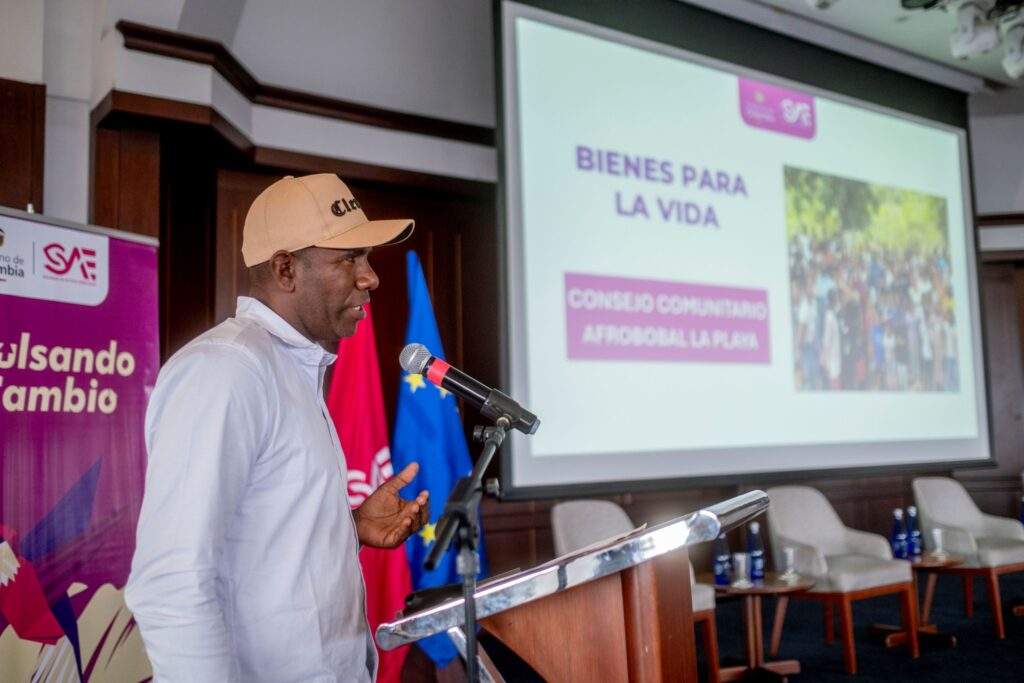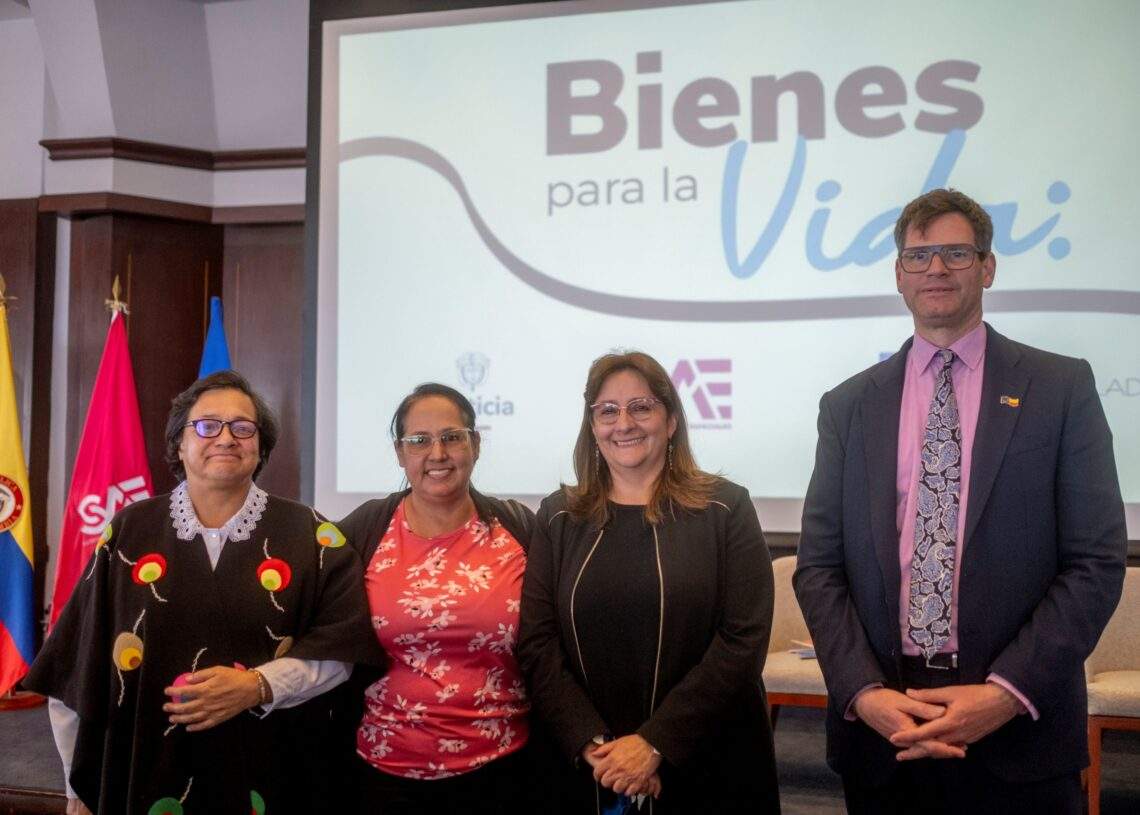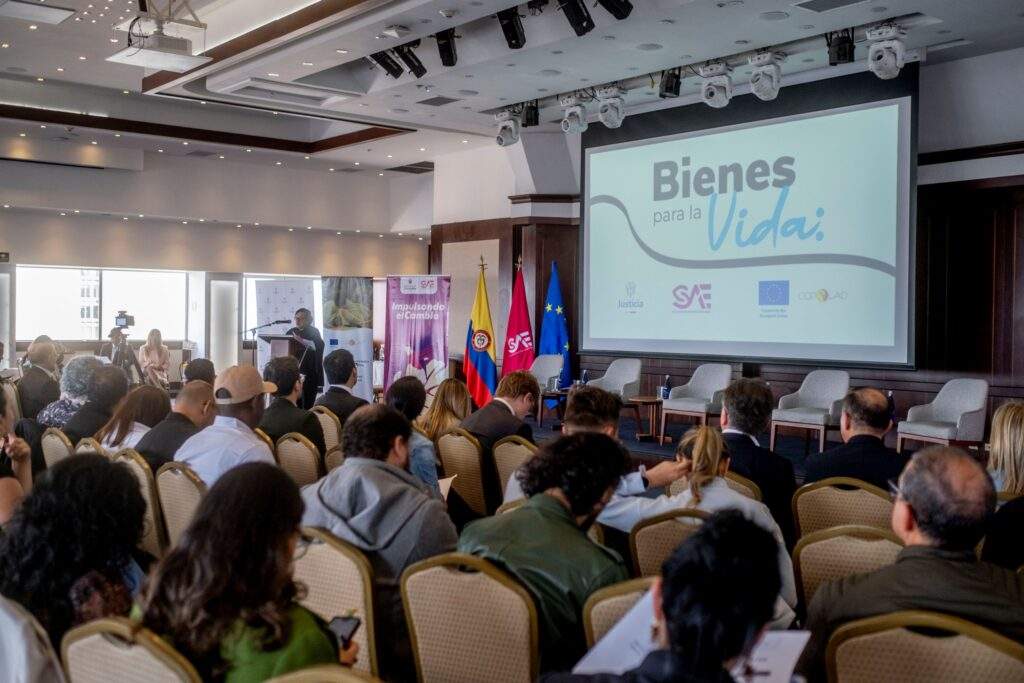“The COPOLAD III Program contributes to the National Drug Policy 2023-2033: Sowing life, we banish drug trafficking from Colombia and shares the aspiration to protect the health and welfare of its population. Drug trafficking is undoubtedly a security problem, but it is also a social and human rights problem.
The social reuse of confiscated assets has a positive impact on the fight against organized crime. And aso a positive impact on the political and social dimension, when the State manages to recreate a link with the citizens of territories that have suffered the presence of drug trafficking. Through the direct restitution of illegally seized resources to the territory, these resources become a “common good”.

The process of strengthening the model of social and community use of seized assets began two years ago, in the framework of the implementation of the National Drug Policy. During this period, six working groups were held in the departments of Bolívar (Cartagena), Antioquia (Medellín), Valle del Cauca (Cali), Norte de Santander (Cúcuta), Risaralda (Pereira), and in the country’s capital, Bogotá, for the Capital District and Cundinamarca. These meetings promoted inter-institutional and community dialogue to build proposals that would guarantee the effective use of these assets.
Each of the roundtables was also supported by the European Union, with the participation of representatives of government institutions, local communities and civil organizations, consolidating strategies for the use of the assets under principles of legality, inclusion and sustainability. These experiences served to structure an integral model of community use that responds to the realities of each territory.
The articulated work made it possible to consolidate a model that transforms assets seized from organized crime into productive projects that strengthen the popular economy, contributing to the fulfillment of the Peace Agreement and Total Peace. In this way, the national government continues to make progress in the consolidation of strategies that promote social justice, economic development and comprehensive reparations for historically affected communities.
The event held in Bogota was attended by the president of the Special Assets Company (SAE), Amelia Pérez Parra, the Colombian Minister of Justice and Law, Ángela María Buitrago, Jorge Schreiber, deputy head of mission of the European Union Delegation in Colombia, representatives of Italy, civil society and other Colombian institutions.







